Karmanos Cancer Institute acquired clinical facilities from the Detroit Medical Center
On May 1, 2005, The Wayne State University Karmanos Cancer Institute announced it had acquired its clinical facilities…

On May 1, 2005, The Wayne State University Karmanos Cancer Institute announced it had acquired its clinical facilities…
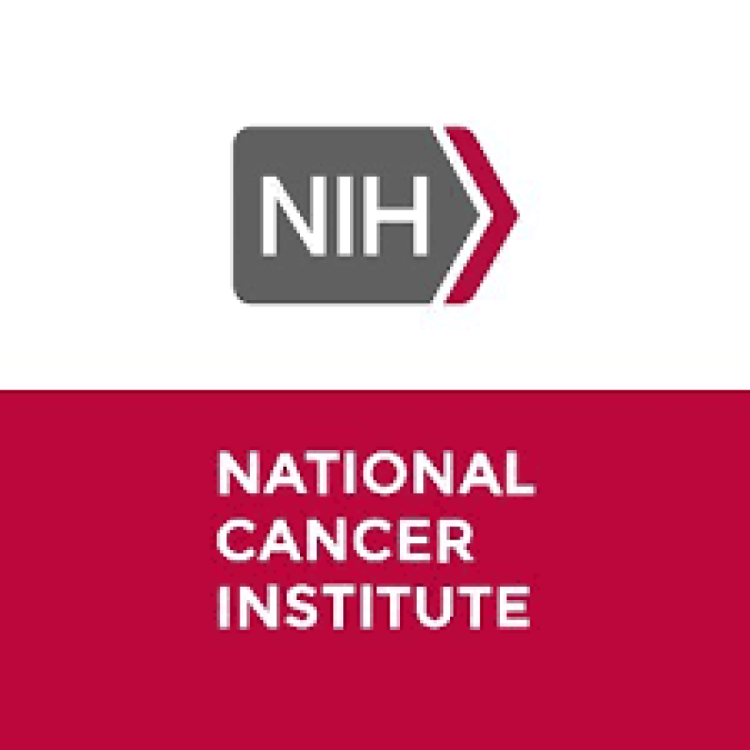
On Apr. 12, 2005, the National Cancer Institute announced the creation of the cancer Biomedical Informatics Grid. The…

On Apr. 8, 2005, Moores Cancer Center (MCC) at University of California, San Diego opened its new consolidated…

On Mar. 16, 2005, University of California, Los Angeles (UCLA) officials announced the formation of the Institute for…
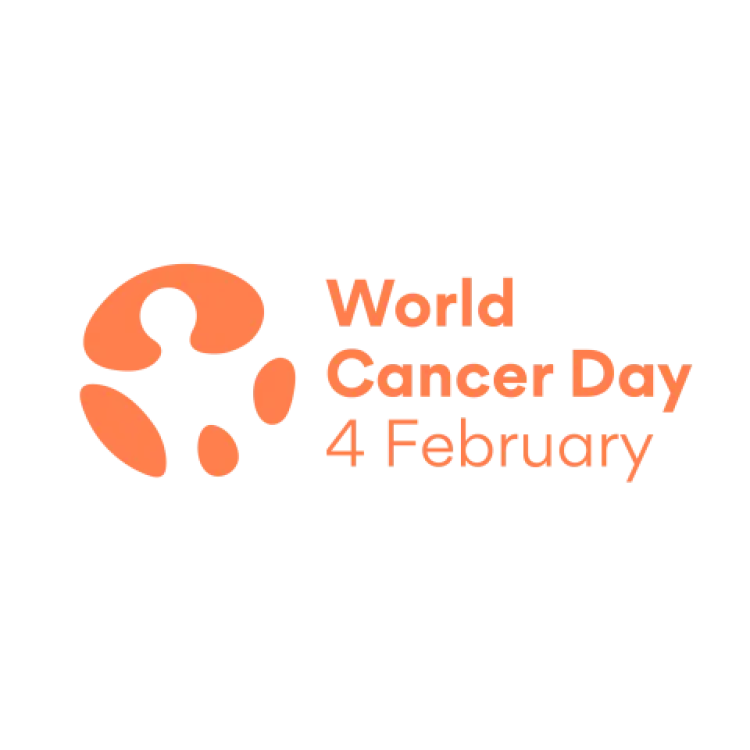
On Feb. 4, 2005, World Cancer Day was established by The World Health Organization. Cancer is a leading…
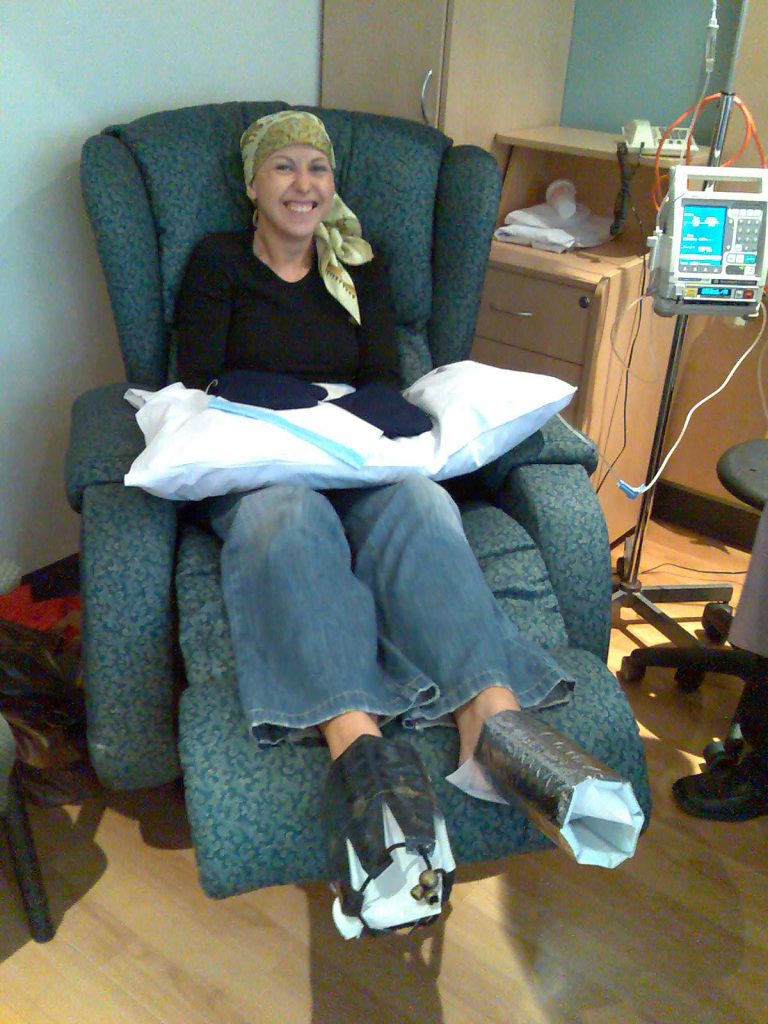
In 2005, The Patient Navigator Research Program (PNRP), a National Cancer Institute initiative, was underway to assess the…

In 2005, the Georgia Legislature passed the Smoke Free Air Act, banning indoor smoking in publicly accessible buildings,…
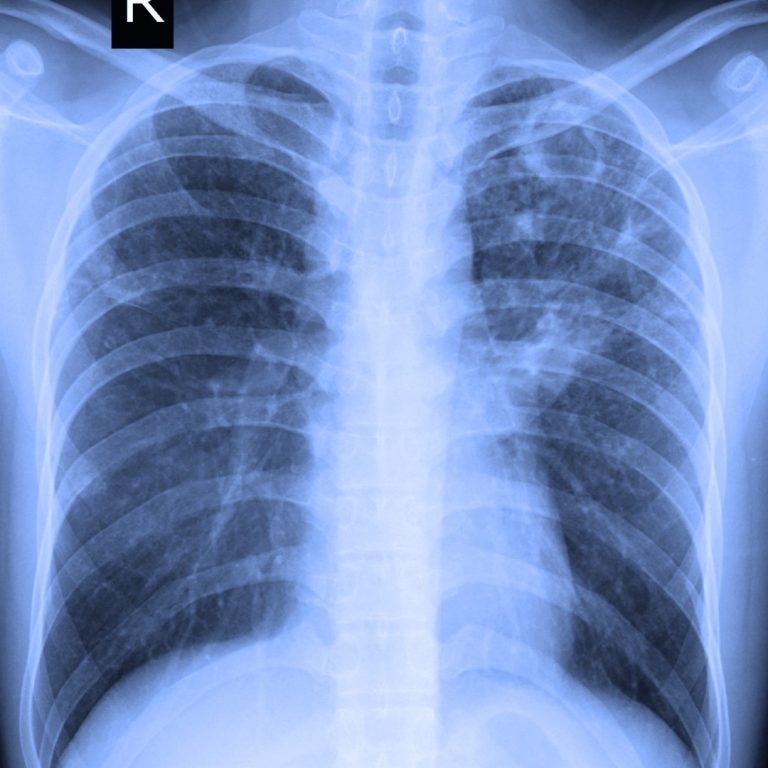
In 2005, Dr. Michael Mulligan from the University of Washington performed Seattle Cancer Care Alliance’s (SCCA) first video-assisted…

On Dec. 15, 2004, Amgen announced that following priority review, the FDA has approved Kepivance(TM) (palifermin), the first…

On Sept. 30, 2003, University of Iowa (UI) Microbiology Professor Mark Stinski made the discoveries of CMV promoter…

On Sept. 13, 2004, the National Cancer Institute announced the Alliance for Nanotechnology in Cancer, a 5-year initiative…

On Jun. 3, 2004, the National Cancer Institute’s Annual Report to the Nation found cancer incidence and death…
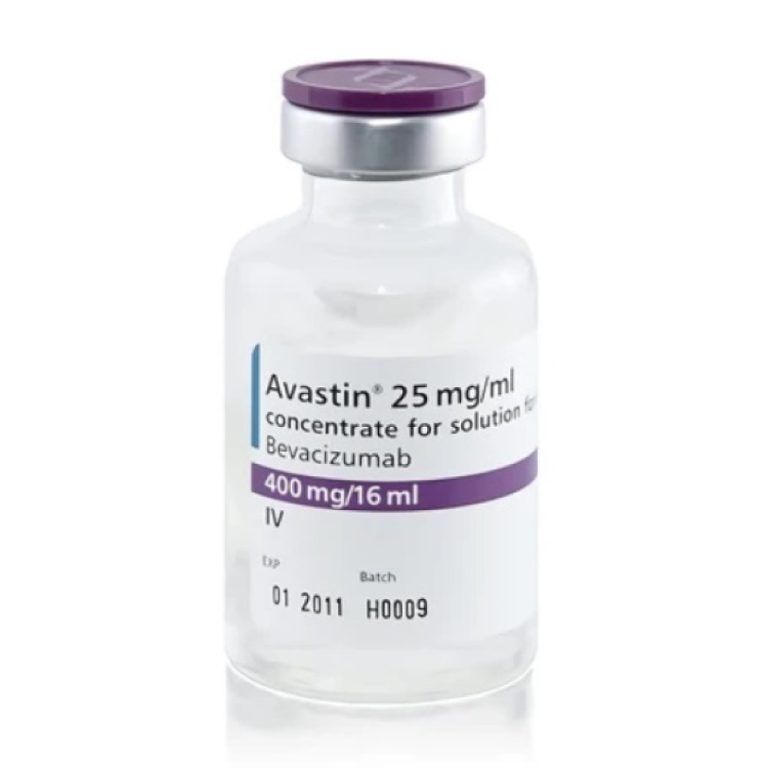
On Feb. 26, 2004, the U.S. Food and Drug Administration (FDA) announced it had approved the first antiangiogenic…

In 2004, the University of Georgia Cancer Center was established, specializing in drug targets, diagnostic tests, cancer vaccines,…

In 2004, the Oklahoma Medical Research Foundation (OMRF) opened the state’s first small animal magnetic resonance imaging facility….

On Sept. 4, 2003, the National Center for Research Resources (NCCR) awarded a $6.7 million grant to the…
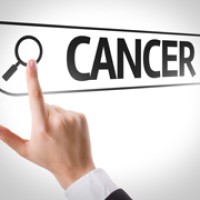
On Jul. 17, 2003, the results from the Prostate Cancer Prevention Trial (PCPT) were published in New England…

On May 30, 2003, the Attorney General of California consented to the sale of the assets of the…

On May 22, 2003, Amgen announced it was relocating its cancer research division to Seattle following its acquisition…

On Apr. 27, 2003, Stanford researchers found that Wnt genes, first discovered as critical genes in cancer, are…
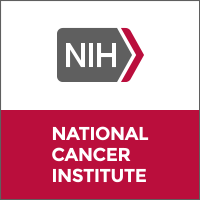
On Apr. 24, 2003, the National Cancer Institute, CDC, AHRQ, and SAMHSA, in collaboration with the American Cancer…

In Sept. 2003, Emory’s Winship Cancer Institute opened a new, 280,000-square-foot, state-of-the-art facility, adding new research and high-tech…

On Mar. 5, 2003, taking daily aspirin for as little as 3 years was shown to reduce the…
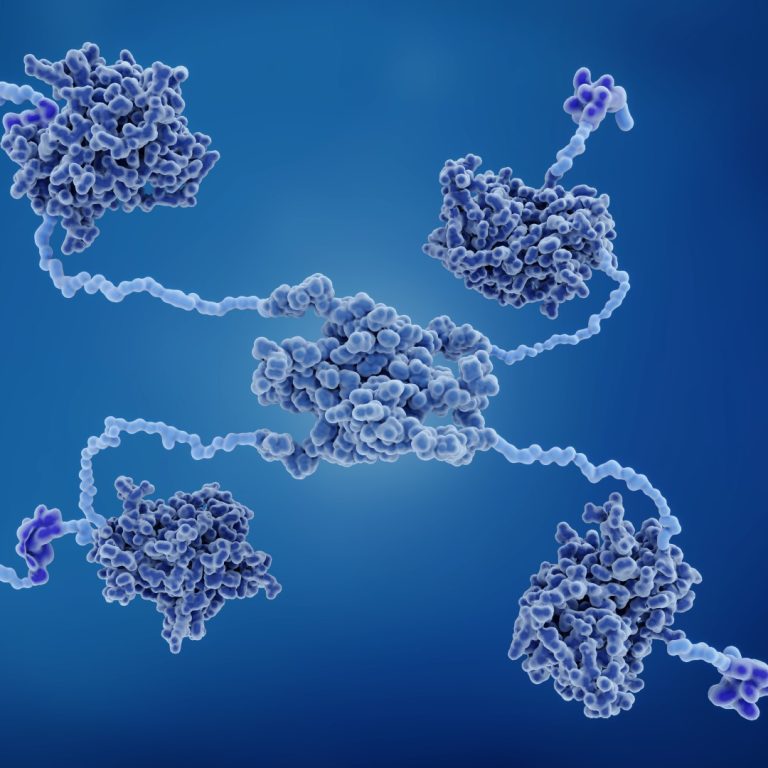
In 2003, China granted the world’s first regulatory approval of a gene therapy product, Gendicine (Shenzhen SiBiono GenTech),…
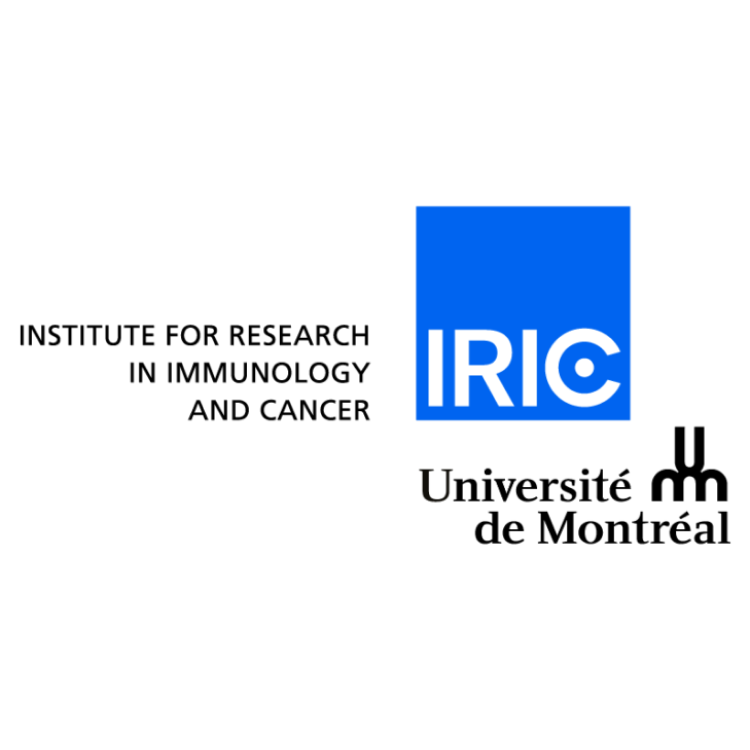
In 2003, the Institute for Research in Immunology and Cancer (IRIC) was created at the University of Montreal…

On Dec. 1, 202, Sidney Kimmel, founder and chairman of Jones Apparel Group, donated $150 million for cancer…

On Oct. 31, 2002, National Cancer Institute (NCI) researchers announced they had discovered that a molecule best known…
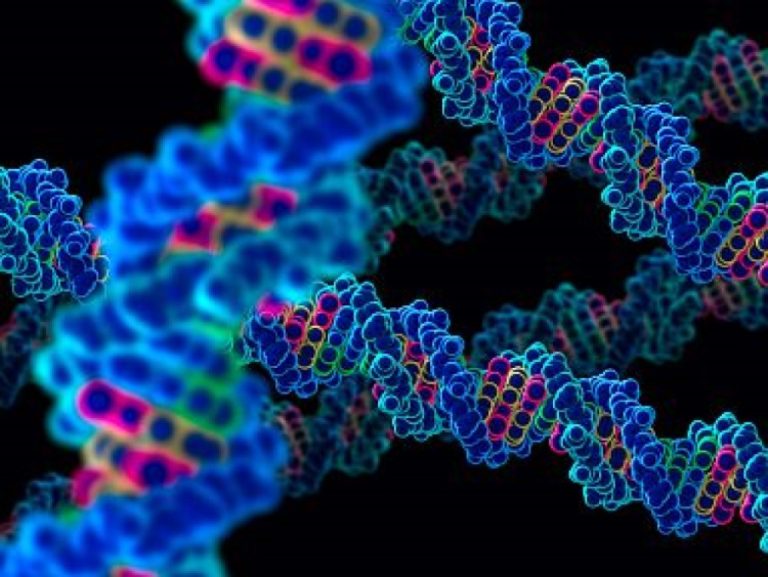
On Oct. 29, 2002, an international research consortium launched a $100 million public-private effort to create the next…
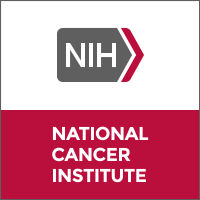
On Oct. 16, 2002, patterns of proteins found in patients’ blood may help distinguish between prostate cancer and…
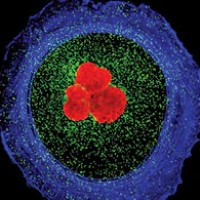
On Sept. 19, 2002, a new approach to cancer treatment that replaced a patient’s immune system with cancer-fighting…